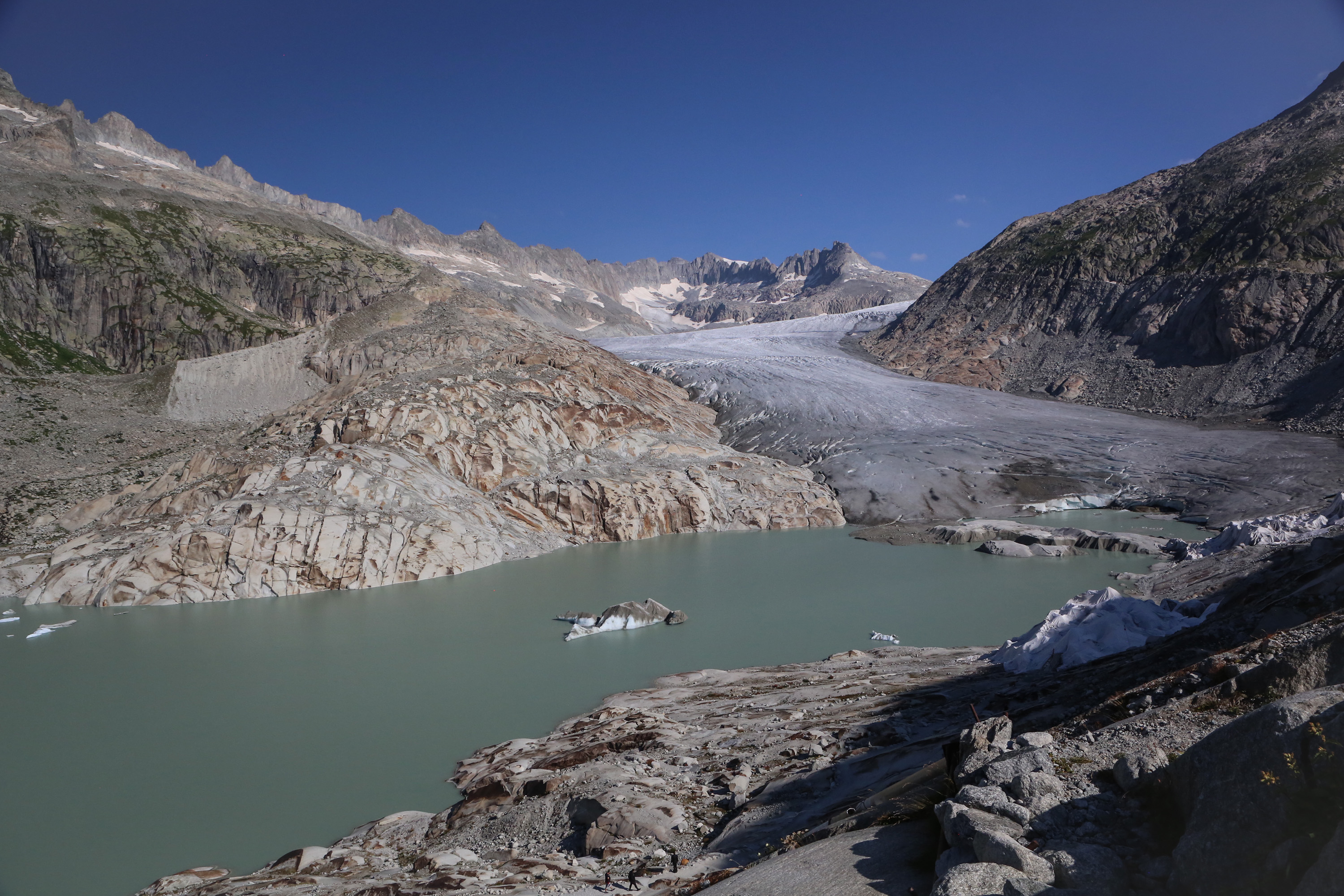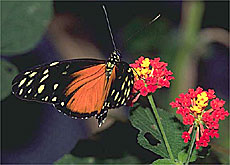Swiss want tougher controls on biopiracy

Switzerland is to push for tighter international rules on the sharing of genetic resources at a major conference on biodiversity protection in Curitiba, Brazil.
Rich country firms have long been accused of appropriating indigenous species and local knowledge in poorer countries without adequately compensating the peoples and nations concerned.
The head of the Swiss delegation to the meeting, Thomas Kolly, told swissinfo that his team would be supporting efforts to strengthen international rules on so-called “benefit sharing”. The aim is to ensure that poor countries also profit from the use of their genetic resources by rich nations.
“Switzerland is in favour of an international regime, which takes account of the interests of [developing] countries, which own the lion’s share of genetic resources, and their users (primarily developed countries),” said Kolly, head of international affairs at the Federal Environment Office.
The Curitiba gathering – the eighth meeting of the Conference to the Parties to the Convention on Biodiversity – seeks to boost political commitment to achieve a “significant reduction in the rate of loss of biodiversity by 2010”.
The target is linked to the United Nations Millennium Development Goals, and it is hoped that concrete measures will be agreed at a ministerial meeting at the end of the conference on March 31.
Transparent
Kolly said Switzerland would be proposing the immediate implementation of a transparent international regime on access to genetic resources and benefit sharing (ABS), including a mechanism for identifying the origin of genetic resources.
Among the concrete measures on the Swiss agenda is the introduction of an international certificate which would confirm the legal ownership of genetic resources.
Non-governmental organisations (NGOs) say rich country governments often turn a blind eye to theft and misuse of genetic resources taken from poorer countries.
A classic recent example concerns a plant called Hoodia, whose properties were discovered by the San people of southern Africa. The plant suppresses appetite and is seen as a potential treatment for obesity.
NGOs say numerous products containing, or purporting to contain, Hoodia are on sale in Switzerland, Germany and South Africa, but that San have yet to receive any compensation.
The NGOs, including the Berne Declaration, have written to the environment ministers of those countries demanding that these products be withdrawn. They have also urged the ministers concerned to use the “insights gained from this case… to develop a new regime on access and benefit sharing”.
Guidelines
Kolly said Switzerland was currently involved in projects aimed at putting into place ABS agreements based on guidelines which it had developed in consultation with governments, communities and industry.
ABS is governed by the Convention on Biodiversity, as well as the “Bonn guidelines” and the International Treaty on Phytogenetic resources. The official said these would form the basis for the hoped-for new ABS regime being discussed in Curitiba.
Kolly added that achieving the overall aim of the conference – to reduce the destruction of biodiversity – would require “unprecedented action”, if the Millennium goal target was to be reached by 2010.
“Unless we take action now to address the decline of ecosystems and their species, the costs to society will be substantial,” he said.
“We have the tools and methods that would allow countries to take the necessary measures, but political will and action at a national level is by far the highest priority at the Convention.”
swissinfo
Switzerland preserves biodiversity through protected areas (a national park and designated lakes and waterways); a programme to restore ecosystems, and special action plans for endangered species.
Biodiversity is monitored through a special scheme, and legislation introduced a century ago ensures that forests are maintained at existing levels.
More recently a system of “corridors” has been developed to allow animals to move safely between protected areas.
Proposals to be discussion at the biodiversity conference include:
a new regime to stop biopiracy through regulating access to genetic resources and how the benefits are shared out;
expanding protected areas beyond national jurisdictions, with the emphasis on marine habitats and islands;
a scheme to promote traditional foods and more diverse diets to combat hunger and diversify farm production.

In compliance with the JTI standards
More: SWI swissinfo.ch certified by the Journalism Trust Initiative











You can find an overview of ongoing debates with our journalists here . Please join us!
If you want to start a conversation about a topic raised in this article or want to report factual errors, email us at english@swissinfo.ch.